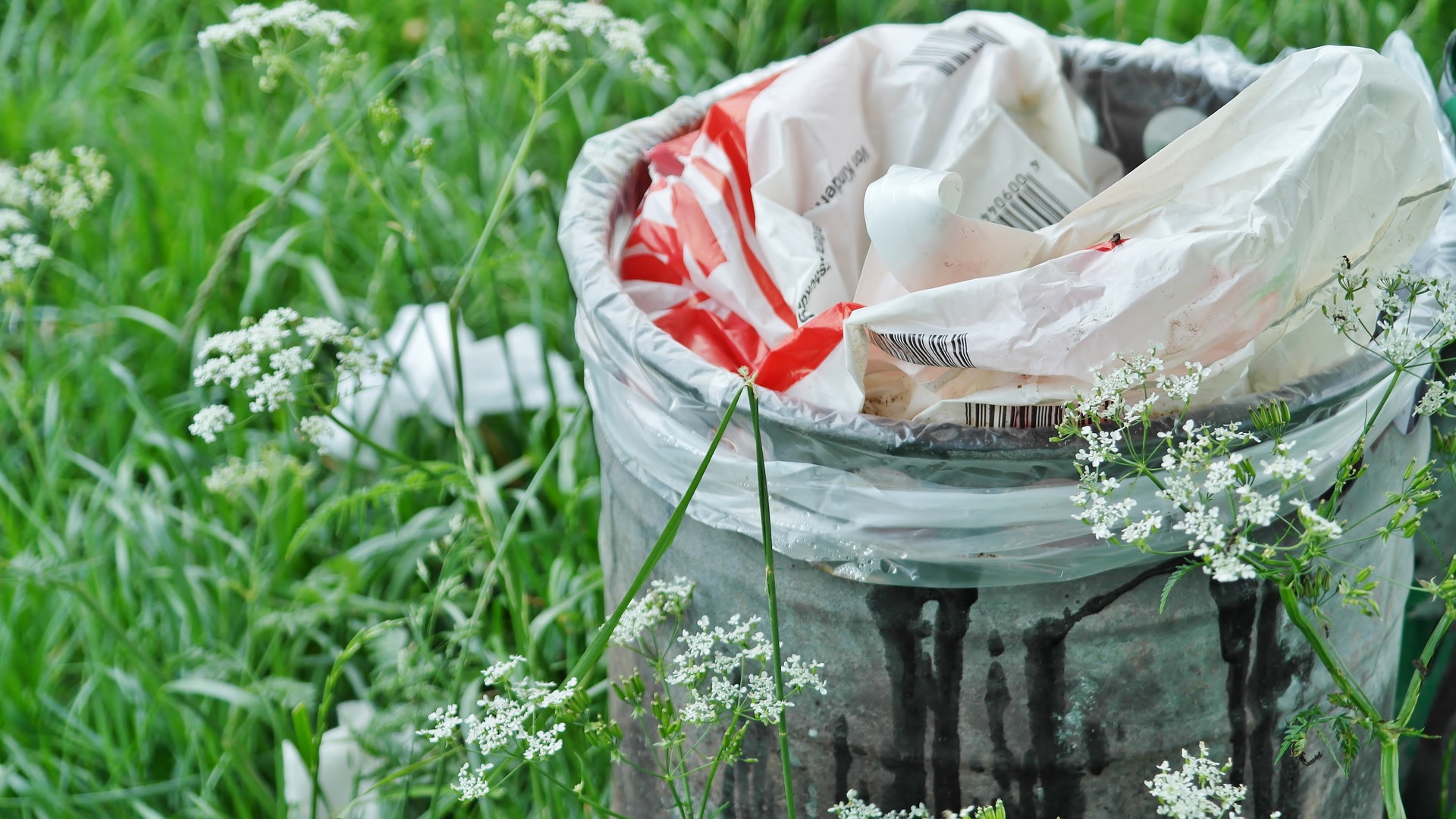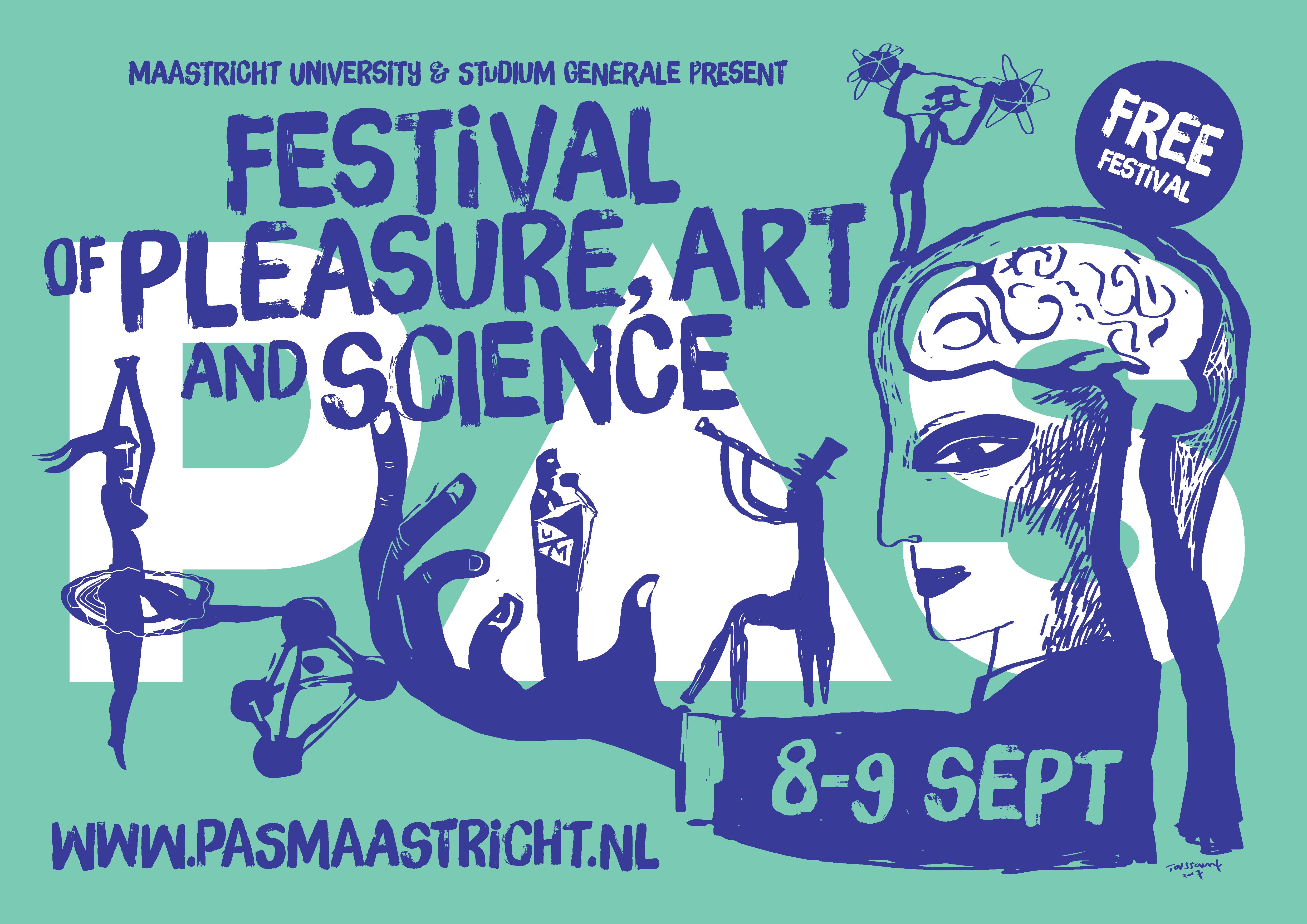Tappas: tackling plastic pollution along the silk road
Plastics are a threat to biodiversity and life on earth. To reduce plastic waste we need to look for an approach where materialtechnology and behavioural economics go hand in hand.
Jules Harings (PhD, assistant professor macromolecular physics and technology) will demonstrate how natural materials like silks are a source of inspiration to a techno-economic, circular model for packaging plastics, based on natural resources. Actuated by water these plastics will degrade in nature, while retaining functional expectations in operation.
About the Department of Biobased Materials
The department has two main pillars; education and research. The education pillar represents the Biobased Materials master programme, which is now in its second year and is rapidly becoming one of the best programmes in its field. The research pillar represents an international group of scientists that participate in projects within the institutes AMIBM (Aachen-Maastricht Institute for Biobased Materials) and Chemelot InSciTe (Institute for Science and Technology).
The multidisciplinary team has accumulated scientists with expertise in organic chemistry, biocatalysis, leaders in the field of new biobased blocks, polymer chemistry, polymer physics, polymer engineering, material science, tissue engineering, sustainability evaluations, and biobased & biomedical materials applications.

Jules Harings is assistant professor macromolecular physics and technology at Maastricht University’s Department of Biobased Materials which is located at the world leading innovation location Brightlands Chemelot Campus.
PAS Festival

Festival of Pleasure, Art & Science (PAS) at 8 & 9 September in Maastricht. With short lectures, theatre, music, dance, art and more. Entrance free!
PAS is an initiative of Studium Generale from Maastricht University.
Also read
-
01 Jul10:00
PhD Defence Balázs Erdős
"Quantifying Metabolic Health from High-Dimensional Post-Meal Dynamic"
-
04 Jul10:00
PhD Defence Amir Bashirgonbadi
"Advancing Polyolefin Film Recycling: Unveiling Insights from Composition to Processability and Performance"
-
04 Jul16:30
Inaugural lecture Prof. dr. Kim Ragaert
"Plastics, people and power"